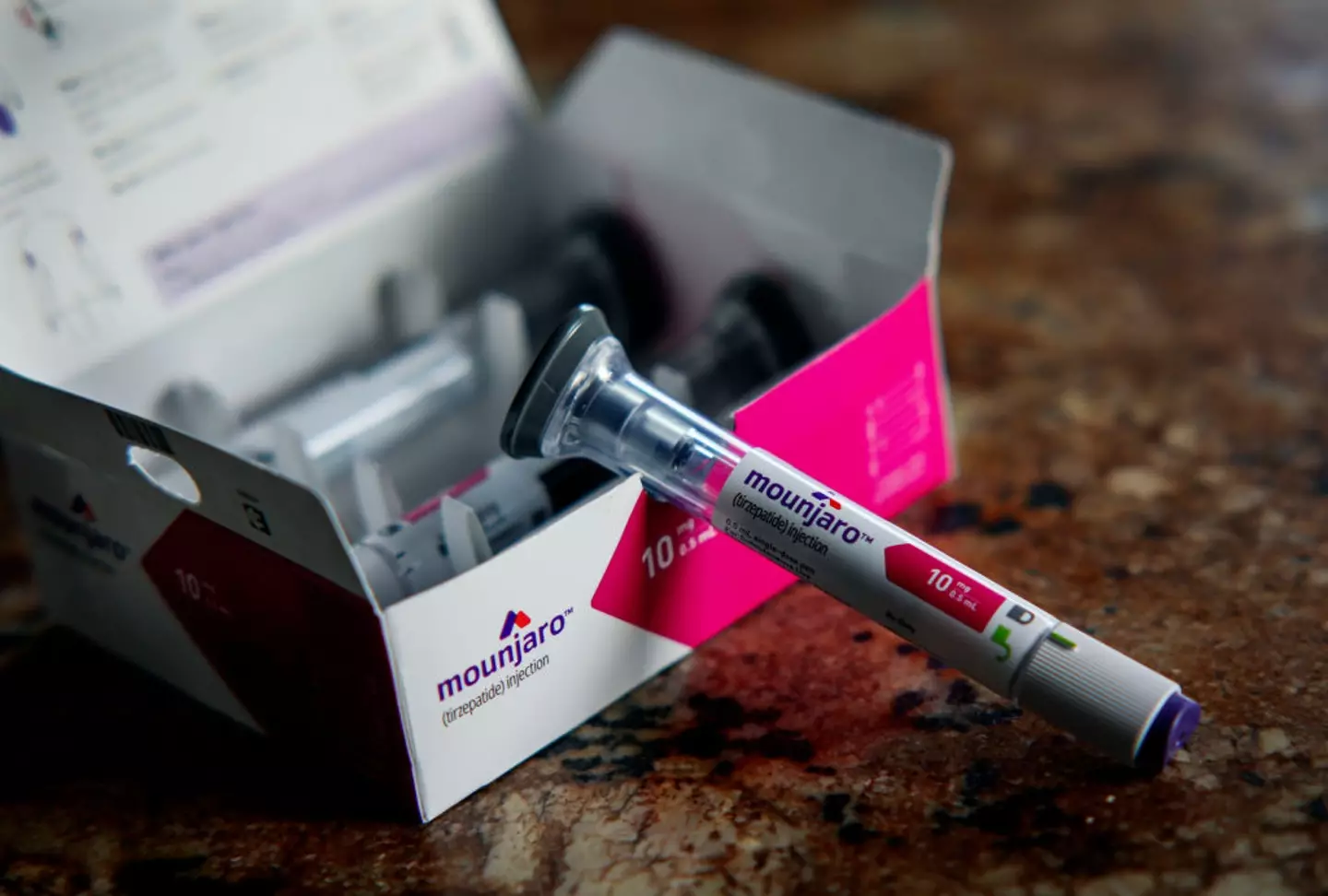Health experts are issuing important warnings about the impact on the body after discontinuing popular weight loss drugs like Wegovy and Mounjaro. These medications, often prescribed to treat type 2 diabetes or curb obesity, have gained immense popularity worldwide, particularly in the United States. However, new research shows that stopping these drugs may lead to significant weight regain and highlights the need for better post-treatment support.
The Weight Regain Issue
In recent years, injectable medications like Wegovy (semaglutide) and Mounjaro (tirzepatide) have become a common treatment for individuals looking to manage their weight. An estimated 15.5 million adults in the U.S. alone have turned to these GLP-1 drugs. However, while these medications are proven to help with weight loss, experts are warning that many people experience significant weight regain after discontinuing treatment.
Research shows that patients who stop using these drugs often regain the weight they lost during treatment. For example, in a Wegovy trial, patients gained back about two-thirds of the weight they had lost once they stopped the injections. Similarly, a study on Mounjaro revealed that stopping the drug led to “substantial weight regain.” A study conducted in China with 2,466 patients also found that significant weight regain occurred just eight weeks after discontinuing GLP-1 medications.
.

Millions take weight loss jabs like Mounjaro (Sandy Huffaker for The Washington Post via Getty Images)
Lack of Support After Stopping Treatment
While many people are prescribed weight loss drugs as part of a comprehensive plan that includes diet and exercise, experts believe that there isn’t enough support to help patients maintain their weight loss after they stop taking the medication. Dr. Rebecca Payne from the National Institute for Health and Care Excellence (NICE) stressed the importance of continuous support for patients to help them manage their weight long-term. “Weight management is a long-term journey, not a short-term fix,” she said.
To address this, NICE is calling for more structured, tailored advice and follow-up support for patients who stop taking weight loss medications. This support could include encouraging patients to join fitness or walking groups, working with dietitians or nutritionists, and utilizing online resources or peer support groups. Additionally, patients should be advised on how to adjust their lifestyle and use self-monitoring tools to maintain positive changes.
The Importance of Structured Support
Experts emphasize that successful weight management doesn’t end when the medication or behavioral program does. The transition period after treatment is crucial, and structured support is necessary to help individuals maintain their progress. NICE is now rolling out a new standard across healthcare providers in the UK to ensure that patients receive ongoing care and support after completing weight loss treatments.
Professor Jonathan Benger from NICE highlighted that the new standard shifts the focus from a “sickness service” to a “genuine health service focused on prevention,” stressing the need for continuity of care. The goal is to help individuals experience lasting benefits from their weight loss efforts, even after stopping medications.
.


The advice could include encouraging patients to join a local walking group (MIGUEL RIOPA/AFP via Getty Images)
Looking Ahead
As more people turn to weight loss drugs like Wegovy and Mounjaro, experts are urging healthcare providers to offer better, long-term support to help individuals maintain their weight loss. With structured, ongoing guidance, patients can have a better chance of sustaining healthy habits and avoiding weight regain after they stop their medication.
UNILAD has reached out to Mounjaro’s manufacturer, Eli Lilly and Company, and Wegovy’s manufacturer, Novo Nordisk, for comment on the findings.

